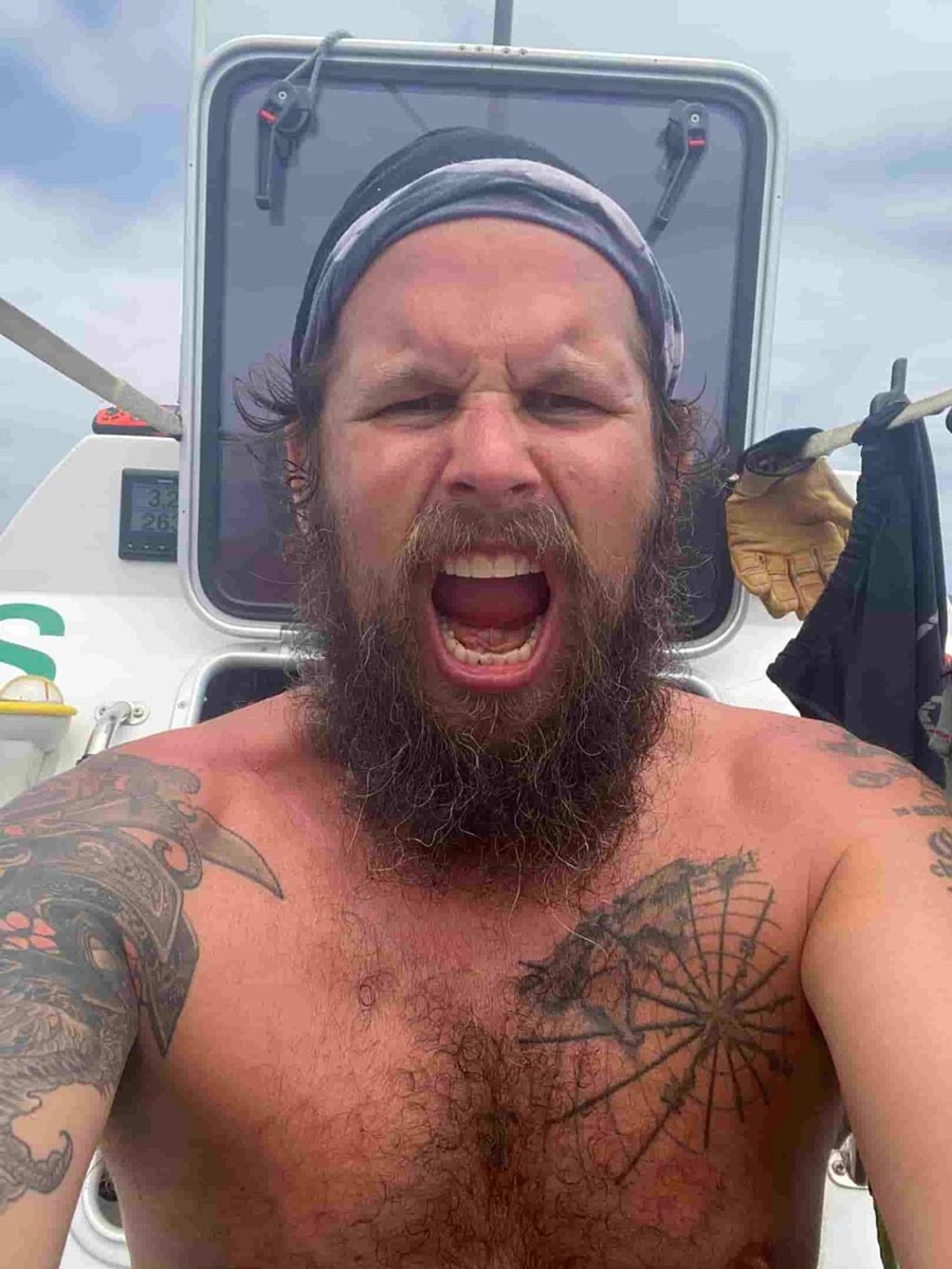The Arctic Rower | Rowing across the Atlantic from calamity to contentment and emptiness, five years after being rescued
- Two rowers who were part of the infamous ‘Captain Calamity’ crew successfully exorcise demons by rowing across the Atlantic
- Ted Jackson feels content with his achievement, but George Ardavanis cannot explain his emptiness having finally crossed the ocean

Two men successfully rowed across the Atlantic this month, in separate crews, arriving in different countries at different times. On the face of it, their achievements are as unrelated as they are unremarkable (well, as unremarkable as rowing the Atlantic can be).
But they share an incredible experience from 2016 that stayed with them for years. Ted Jackson and George Ardavanis were part of a crew that was rescued just two days into a previous Atlantic crossing attempt. Their story was splashed across the British tabloids under the headline “Captain Calamity”. A notorious Atlantic captain had assembled the crew, been paid thousands of pounds per person to build a boat and lead the team. It did not take long to realise the boat was not seaworthy.
“After our first failure, I slumped into a massive depression. I lost my mojo across the board.” said Jackson, 49.
This time, Jackson and Ardavanis rowed in their separate boats in shifts – two hours on, two hours off – all day and all night for over a month. They were unsupported, had to carry all their food and make water. Jackson rowed from the Canary Islands to the Caribbean, and Ardavanis rowed from Portugal to French Guiana. Their second, successful adventures’ timing coincided by chance.

After 2016, Jackson was wracked with guilt. The captain’s first crew had all dropped out before even starting after growing tired of “Calamity’s” work. Jackson was the only one who remained. His brother, son and two friends replaced the old crew, along with some others who signed up.
